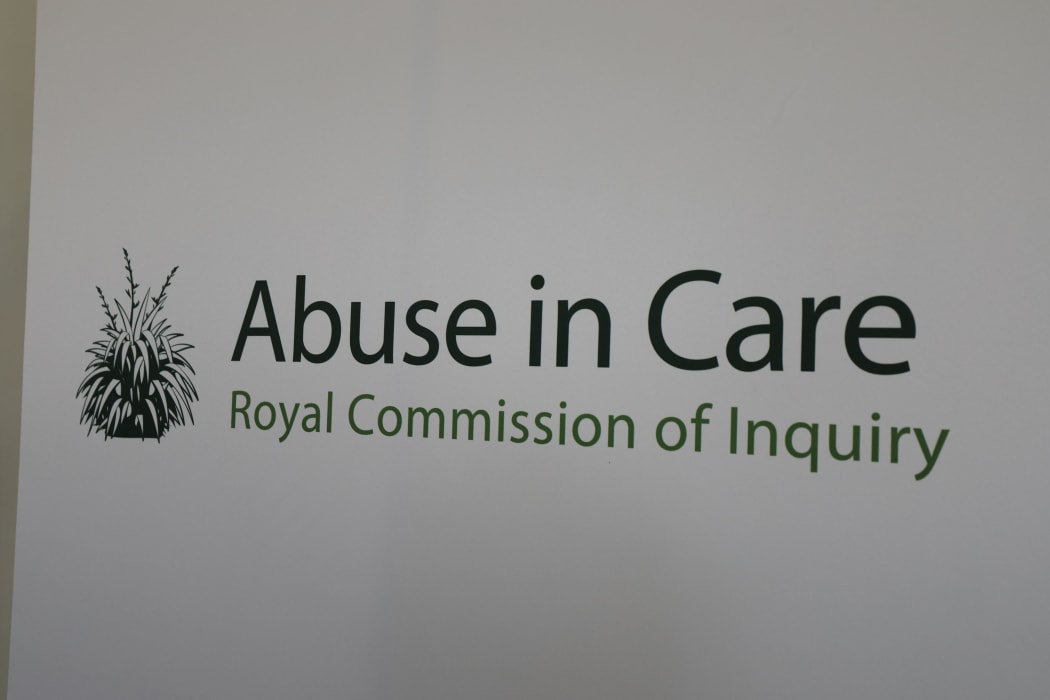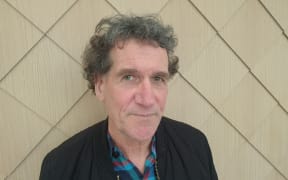By David Cohen*
Analysis - It sometimes happens that individuals on different sides of a contentious public matter are not as strikingly different in terms of background and sincerity as their respective positions might initially suggest - even in something as heavily charged as the Abuse in Care Royal Commission, David Cohen writes.

Photo:
In the second phase of the inquiry's redress hearing, which runs out of Auckland for a fortnight until 3 November, witnesses for the Crown will give evidence and look to rebut - or at any rate, mitigate - some of the accusations made during the first round of testimonies the other week against aspects of their work.
At particular issue will be the ongoing role of the Historical Claims Unit, a semi-independent agency established on the watch of former prime minister Helen Clark that operates within the Ministry of Social Development. The unit considers questions of compensation relating to people who experienced harm in the old state-run residences.
Some of the harshest criticisms made against the MSD unit came from the Wellington-based law firm most identified with the issue, Cooper Legal, in particular its principal Sonja Cooper.
Garth Young, the lead claims advisor with the unit, is scheduled to give evidence over two days this week.
In particular, Young will be talking about the composition and functions of various historic claims working groups (most of which he has had a starring role with), the processes for collecting information on confirmed and alleged perpetrators, outcomes of police referrals, wellness payments, roles and responsibilities between the Crown Law Office and MSD.
He will also give evidence about specific claims, including that of Keith Wiffin, who was much in evidence during the most recent hearings, and the painful case of the man known as Earl White.
The general manager of the unit, Linda Hrstich-Meyer, will be speaking to the five commissioners in separate sessions.
As the person who has been with the unit the longest, Young has the biggest history of crossing swords with Cooper - notwithstanding the fact that, in terms of likeability, professionalism and idealistic backgrounds, the two are notably cut from similar cloth.
The soft-spoken Young hails originally from coastal Southland, and was raised in a staunchly Presbyterian household in which, he once told this writer, the social values imbued in him by the church were taken seriously, as much so as Cooper's early years in the Catholic church left their own impression.
Such imperatives hovered above his career path, propelling him on, forcing him, like Cooper, to work hard in helping to picking up the human wreckage left by the old welfare system.
The son of a farmer, Young was the middle child of five kids. His parents thought he had abilities beyond the sheep and cattle that had been a mainstay of the family for a couple of generations.
"I always felt a bit different," he told this writer. "I didn't particularly get along or fit in with the rural New Zealand blokes, and actually I've never identified as a typical New Zealand bloke, either."
His father, a National man, detested the socialist ideas the boy had already started soaking up at high school.
At the University of Otago he read psychology, but then detoured into educational psychology rather than clinical psychology, rounding it off with a teaching diploma.
Later, inspired by an older sister who was already a social worker, he successfully applied for a social work position himself, at the local branch office of the Social Welfare, the department with which he would remain as it morphed into what became MSD. And it was here, too, that he first began working with disadvantaged kids, sometimes shunting them back and forth between Invercargill and the youth faculty then operating in Dunedin.
By this time Young was in his late 20s, but still "naïve" about the residential system that he has come to understand intimately.
'Positive' experience with residential care
"To be honest," he explained, "I don't think I thought too much, in terms of residential care, about, you know, was it okay or not." Something that just was? "Sure," he agreed. "And I have to say, I don't recall ever consciously really questioning what it was about or why we used it. I have to say my experience with Dunedin Boys' Home was always really positive. I mean, the number of times I went there, in all honesty despite the work I'd been involved with, I can't ever recall seeing or hearing anything that gave me any cause for concern."
By 1990 he was no longer out in the field but heading a small team of social workers in Whangārei. Then it was on to Wellington and a position in national office in what was called the ministerial team. It was here that the Historical Claims Unit took shape, spurred in particular after a number of former wards who ended up in dubious Salvation Army homes brought their own case against the ministry.
Here, as through the unit's history, the idea has been to work with those who claim abuse rather than simply hang around waiting to be sued. Or so the team would argue; frustrated claimants have begged to differ.
Originally, the unit comprised just Young and a part-time solicitor. As the number of claims against the ministry has grown - many of them hand-delivered from Cooper Legal's offices located just a few hundred metres away on The Terrace - so has the work that Young says he loves "most of the time".
"I know that there are plenty of people out there who are suspicious and cynical of what we're doing and why we're doing it, but I am really very proud of the work that the team is doing in the face-to-face interactions that they have with the people who come to us with whatever complaint or claim that they have. And clearly we don't resolve every case to everyone's satisfaction but for many we do and just seeing that is significant."
Resolution agreed in some cases
A lots of the claims Young and his colleagues have worked on have ended up with some kind of agreeable resolution, whether the provision of important information or the issuing of an ex gratia payment, usually at the lower end of the spectrum but sometimes as much as $30,000.
Yet many of the claims have languished. A common criticism of the unit is that it stymies as much as it brings any real closure, and that this in effect re-victimises some of the victims already bruised from hapless dealings with the likes of ACC, the courts and even on occasion the commission itself.
The ministry says it has tried to streamline the system, which it believes has markedly improved over the past five years.
"Sonja would say that her motivations are the same things, to get justice and whatever for her clients," Young has said. "And that's what we'd like to think we're trying to do. One of the things we don't perhaps share the same view on is how to get there."
For the next couple of weeks at least, they will all be on the same page as Crown agencies make their cases. While the ultimate outcome remains unknown, the good intentions of the various players at least deserves acknowledgement.
*David Cohen is a Wellington-based journalist and author of Little Criminals: The Story of a New Zealand Boys' Home. He is supplying regular analyses of the Abuse in Care Royal Commission for RNZ.





